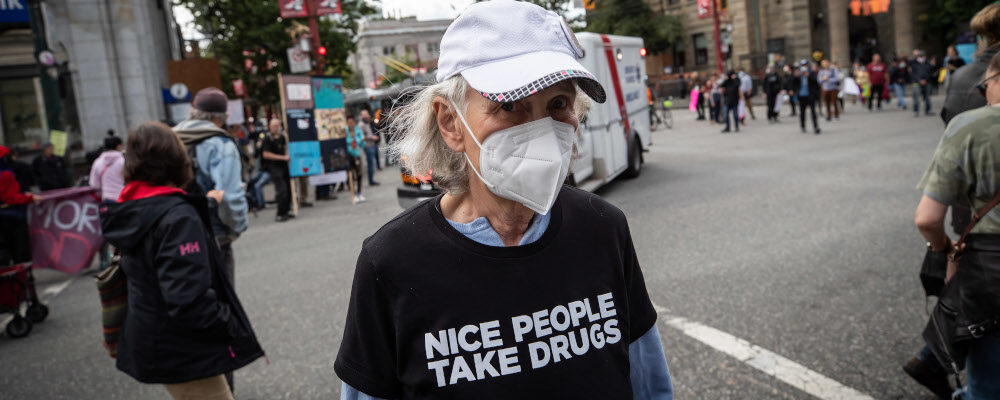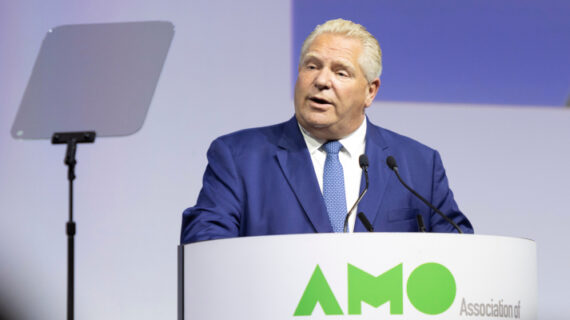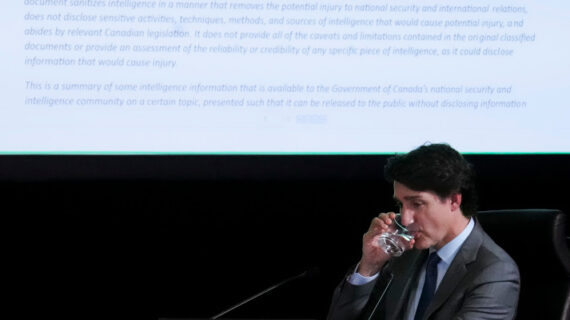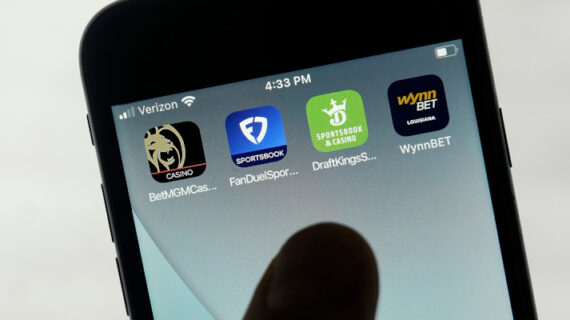You don’t have to be an advertising executive to know that branding changes behaviour. And you don’t have to be a communications professional to know that words have power. And yet, for years, on major social and cultural issues in Canada, conservatives and even middle-of-the-road Canadians haven’t been part of the conversation, letting far-left activists determine which words and phrases get used.
Over the last decade, these activists have been defining the terms of the debate, branding experimental public policies with value-laden language that convinces people they’re worth supporting before anyone’s had a chance to assess them on their merits. Safe injection sites, and now safe supply. Harm reduction. And a new one: nuanced policing.
They sound like thoughtfully developed, effective policies. Not only that but they sound morally righteous, as though if you were to try to oppose them, you could be immediately dismissed, your motives self-evidently cruel. If you’re not for safety, you’re for suffering. If you’re not for nuance, you’re for skull-cracking. If you’re not for reducing harm, well, you’ve got blood on your hands.
Not only is this language powerful for winning over and motivating activists, but it’s also catchy. The labels aren’t jargony, and the concepts seemingly explain themselves (every communication professional’s dream) So, it’s easy for journalists in the mainstream media to start using them, for publication style guides to eventually change and the next thing you know, the words evolve from ideological labels to common language.
A safe injection site isn’t just one biased way of describing a place where people use illegal drugs under the supervision of health-care professionals, it’s what we all end up calling this new thing. Safe supply isn’t one torqued description of a program whereby not only does government create a space to use illegal drugs, it actually supplies them. It’s what that’s called now. Nuanced policing isn’t just one absurdly euphemistic way of characterizing what is effectively a lawless zone where police forces opt not to enforce against criminal behaviour, it will soon be simply how the media reports on that previously unfathomable status quo.
Once the media, elected officials, public servants and other administrators and gatekeepers start using the new language, it can become a weapon. Activists and their political handmaidens can use it to keep people in line. This was on display at a town hall last week in Leslieville, Toronto and in media interviews that radical activists undertook in advance of the event to set the terms of the debate.
After months of escalating danger around a drug consumption site in the heart of the neighbourhood, a local mother was killed by a stray bullet. The community came together to quiz officials about ways to improve public safety. That’s not what happened. Instead, activists packed the room, intent on defending the poorly managed site and its attendant disorder and violence. They shouted down residents, lectured and belittled parents and shamed anyone who questioned their approach. And they used their powerful language to do it.
If you were concerned about the drug users threatening and attacking people, you were stigmatizing “clients.” If you thought the site should be better managed, you were attacking people’s “health care,” if you questioned the perpetuation of suffering you witnessed with your own two eyes, you needed to “trust the experts” and stop spreading “disinformation.”
Who wants to be against health care? Who wants their neighbours to think they’re spreading disinformation? Not busy people with jobs and kids who have better things to do with their time, that’s for sure. So Leslieville’s regular people with reasonable concerns about a self-evidently failing set of public policies were cowed and silenced. Not with violence, but with very powerful words.
For too long, those of us with commonsense views on crime, drugs, addiction, mental health, and education have opted out of the public conversation. While we opted out, radical progressives got busy, shamelessly branding their policies, setting up the frame for discussion and wrenching the Overton window far to the Left, making anyone outside of it out to be crazy or evil.
When we researched public opinion on these issues, polling told us the mainstream wasn’t with us. But we were using the language of the Left. And so, we avoided talking about them all together, while the Liberal government convinced people of self-evidently absurd lies. It wasn’t their failing bail policy that was killing people, it was legally purchased hunting rifles. It wasn’t their radical drug policy that was creating chaos in cities, it was lingering stigma and the toxic drug supply (as if potent, addictive drugs aren’t harmful regardless of who is providing them).

Finally, under the leadership of Pierre Poilievre, the Conservative Party is starting to use plain language to argue that repeat violent offenders shouldn’t be out on bail and that the government shouldn’t be in the business of giving dangerous drugs to people struggling with addictions.
It will take a while for voters to catch up. Branding is powerful. The thinking used to be that you needed to see an ad seven to eight times before its brand impact would sink in. In our multi-channel, low attention span age, it probably takes even more than that. That means that to counter the Left’s misleading marketing on everything from drug policy to euthanasia, conservative thinkers, writers, politicians, and activists need to reject the language of the Left, describe our problems in plain language, and reframe the debate.
It means that in Leslieville, residents need to find the courage to stand up for their own safety and the well-being of those struggling with addiction, rejecting the premise that their concerns make them bad people and that the only morally acceptable solutions are the failed experiments of the Left.
So, if you don’t think there’s anything nuanced about ineffectual law enforcement (or lack of crime fighting altogether), don’t call it nuanced policing. If you don’t think there’s anything safe about places where people consume dangerous drugs, don’t call those places safe consumption sites. And if you don’t think the government should give drug addicts more of the thing that’s killing them, don’t call it safe supply. Call it what it is.




